Credit repair companies are known to play on your fears that bad credit will stand in the way of your dreams. They'll make you think that bankruptcy is the end of the world.
Improving Your Score After Bankruptcy
The truth is, filing for bankruptcy can actually raise your credit score. The reasons are pretty simple: (1) after bankruptcy, you likely won't owe money to anyone (other than non-discharged tax debts, student loans, or domestic support obligations), (2) new lenders know that you don't have any open accounts you can use, and (3) you won't be able to file bankruptcy again anytime soon.
When you take these these three factors into account, you’re a better credit risk after bankruptcy than you were before you went into the process.
BUT, your credit score will not improve if there are errors on your credit report.
Check Your Credit Reports After Bankruptcy
About three to four months after bankruptcy, go to AnnualCreditReport.com to get free copies of all three of your credit reports. If you find any errors, it's important that you take some simple steps to correct them. TIP: remember to save or print each report right away, otherwise, you might have to pay for a second look.
Once your bankruptcy case ends, all debts need to be updated to show a $0 balance due. If something doesn't look right, send a "dispute" to the credit reporting agency. Follow the instructions on each credit bureau's website - look for a link on the home page marked "Disputes". Follow the instructions carefully and send a copy of your bankruptcy discharge papers if requested.
Send the letter by certified mail. Keep a copy of the original signed letter and the certified mail receipt card. The credit reporting agency usually responds in 30-60 days, but it could be a longer or shorter.
You have now saved yourself a lot of money and time because you did it without hiring a credit repair company.
Why You Don't Need to Hire a Credit Repair Company
Frequently, the credit repair agencies simply complete the above steps and charge you a pretty penny to do it. It's just not worth it when the relatively simple process is explained on the credit bureau websites.
Worse, though, are those credit repair companies that don't follow the dispute mechanism through the credit reporting agencies. Instead, they send the disputes directly to the individual creditors. This can cause a short-term credit improvement. But the creditors can later upload another set of data to the credit reporting agency that reinstates the debt on your report. In other words, the credit repair agencies only fix things temporarily. This is a tactic many credit repair agencies use to temporarily remove accurate debt information from your credit report. But the bad marks will eventually reappear.
Image credit: CafeCredit






